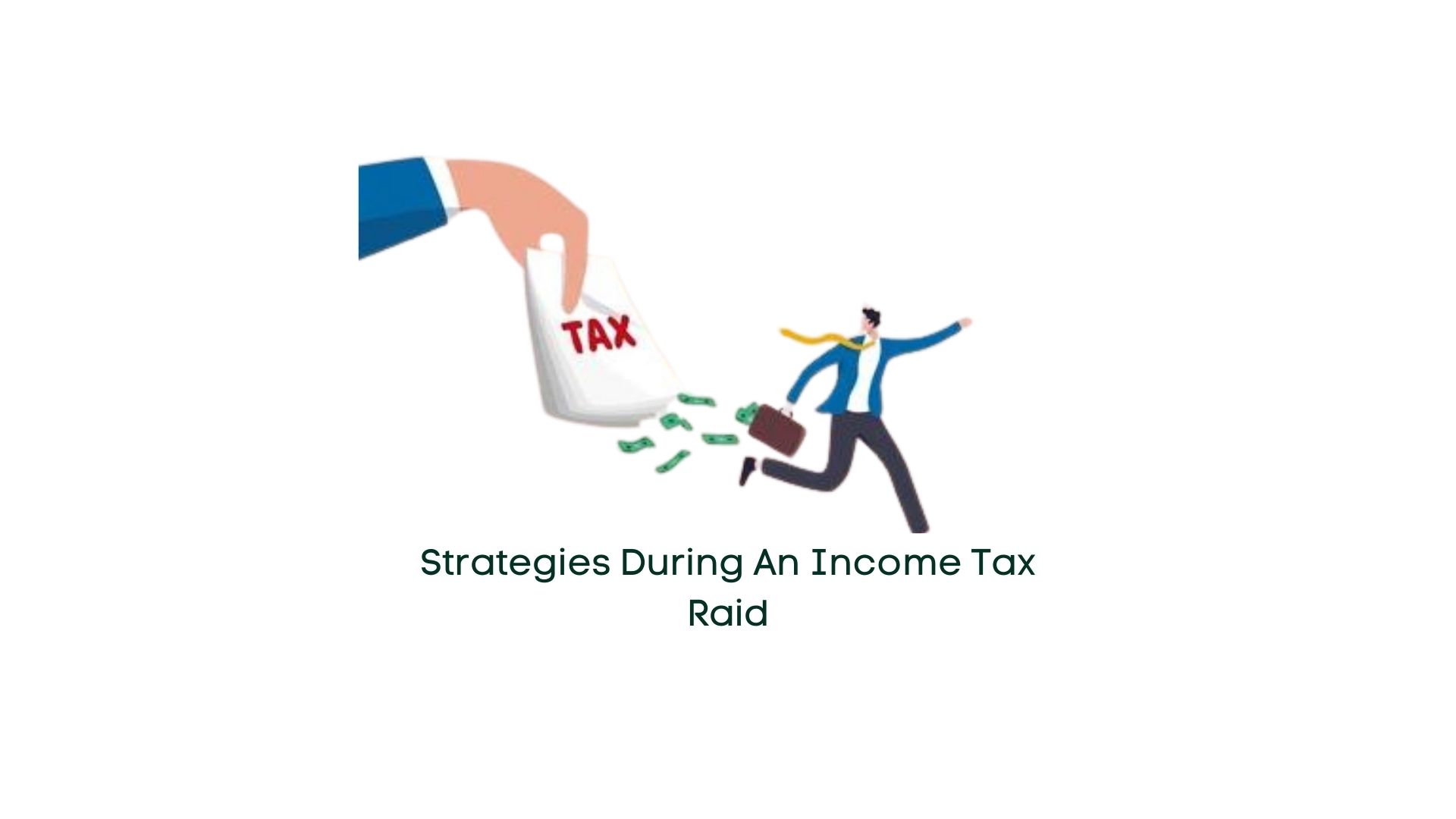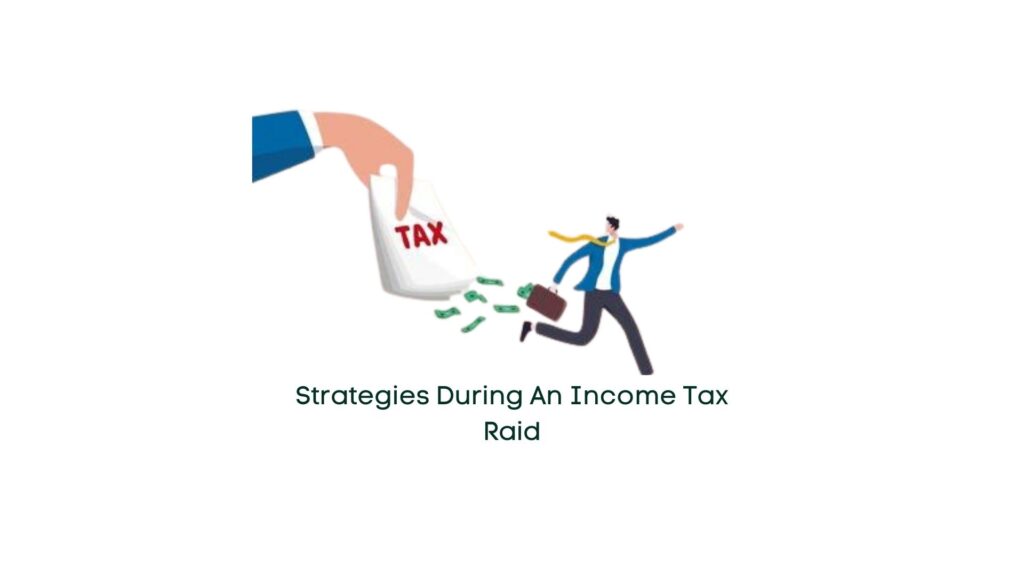
29 Feb Strategies During an Income Tax Raid

In the realm of income tax compliance, individuals must be prepared to navigate the possibility of a tax raid conducted by authorities. These raids, officially termed as “Search and Seizure” operations, serve as a pivotal tool wielded by the Income-tax department in combating illicit financial activities. Understanding the circumstances under which such raids occur and the ensuing procedures can significantly influence one’s response and outcomes.
Triggers for a Raid
A tax raid typically unfolds in response to various red flags signaling potential tax evasion or financial irregularities. These indicators may include:
- Credible reports of tax evasion.
- Intelligence gathered from governmental agencies.
- Discrepancies uncovered in taxpayer assessment records.
- Suspicions raised by disproportionate spending relative to reported income.
- Anomalies detected in financial documentation like books of accounts and invoices.
- Allegations of illegal investments in real estate.
- Unexplained cash credits or suspicious share transactions.
Authorization and Conduct
Section 132(1) of the Income Tax Act, 1961, outlines the authorized personnel who can initiate and oversee a tax raid. These include:
- Principal Directors General or Directors-General
- Principal Directors or Directors
- Principal Chief Commissioners or Chief Commissioners
- Principal Commissioners or Commissioners
Furthermore, individuals such as Additional Directors, Commissioners, Joint Directors, and Assistant or Deputy Directors or Commissioners, along with Income Tax Officers, may be tasked with executing the raid.
Seizable Assets
During a tax raid, authorities have the power to seize various assets believed to be associated with tax evasion. These assets may encompass:
- Undeclared or unexplained cash and jewelry.
- Financial records such as books of accounts, invoices, and diaries.
- Electronic devices containing pertinent data.
- Documentation related to property transactions.
Assets Exempt from Seizure
However, certain assets are generally exempt from seizure during a tax raid, including:
- Stock-in-trade, excluding cash.
- Assets declared to the Income Tax and Wealth Tax Departments.
- Assets accounted for in financial records.
- Legitimately explained cash transactions.
- Jewelry declared in wealth tax returns.
- Personal gold holdings within specified limits.
Understanding these distinctions and preparing accordingly can empower individuals to navigate an income tax raid with greater confidence and strategic acumen.


No Comments